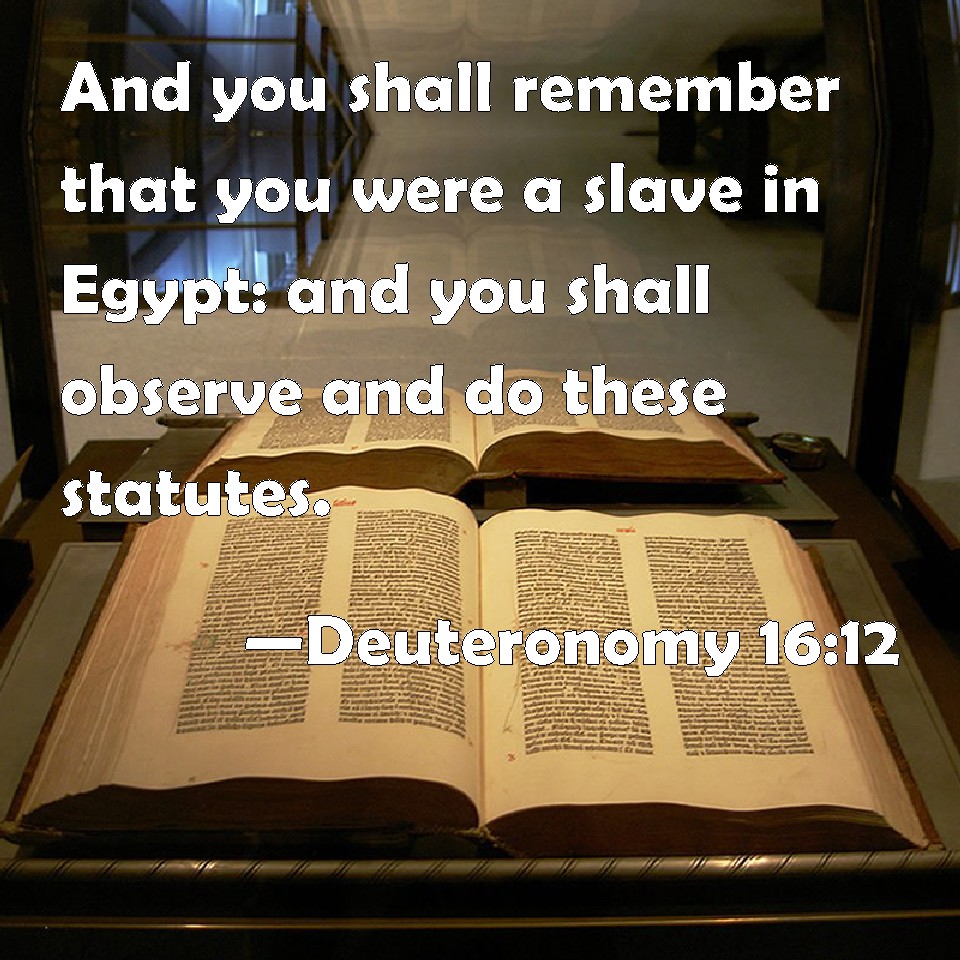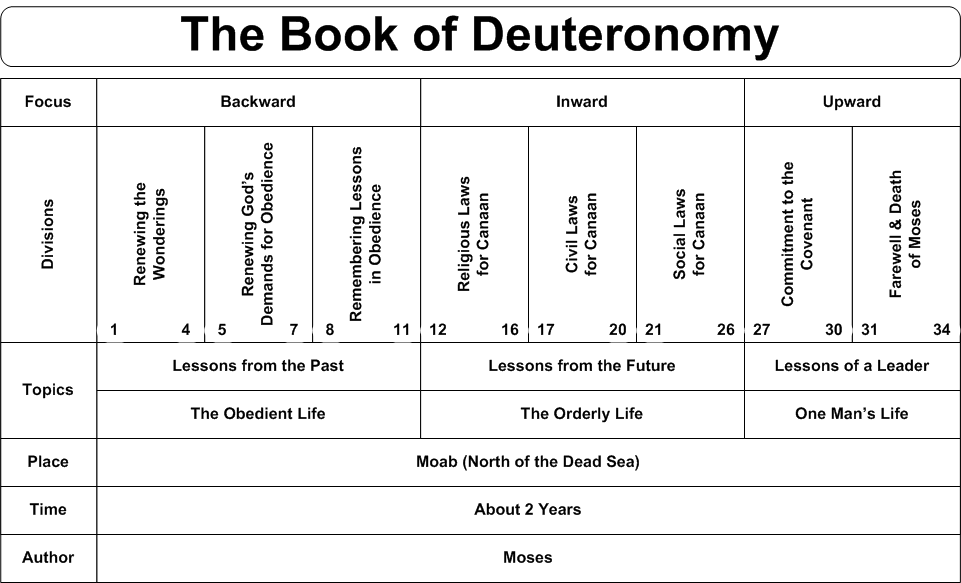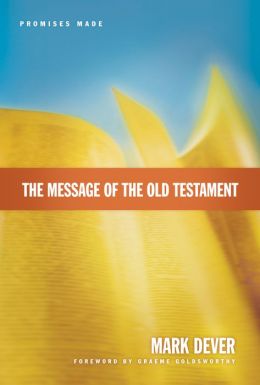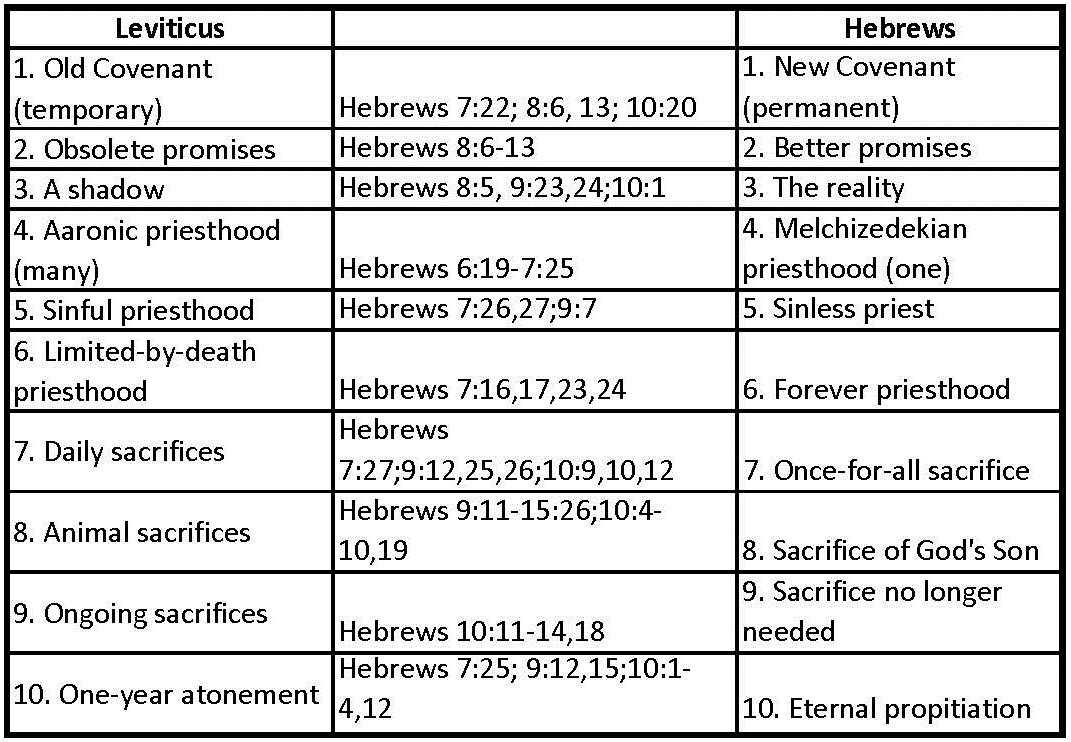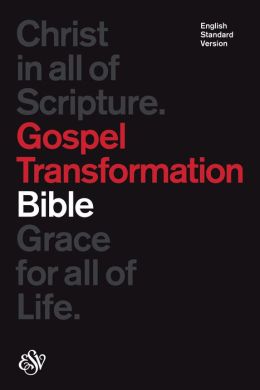C. S. Lewis on Writing (#4 is most explanatory):
1. Always try to use the language so as to make quite clear what you mean and make sure your sentence couldn't mean anything else.
2. Always prefer the plain direct word to the long, vague one. Don't
implement promises, but
keep them.
3. Never use abstract nouns when concrete ones will do. If you mean "More people died" don't say "Mortality rose."
4. In writing. Don't use adjectives which merely tell us how you want us to
feel about the thing you are describing. I mean, instead of telling us a thing was "terrible," describe it so that we'll be terrified. Don't say it was "delightful"; make
us say "delightful" when we've read the description. You see, all those words (horrifying, wonderful, hideous, exquisite) are only like saying to your readers, "Please will you do my job for me."



